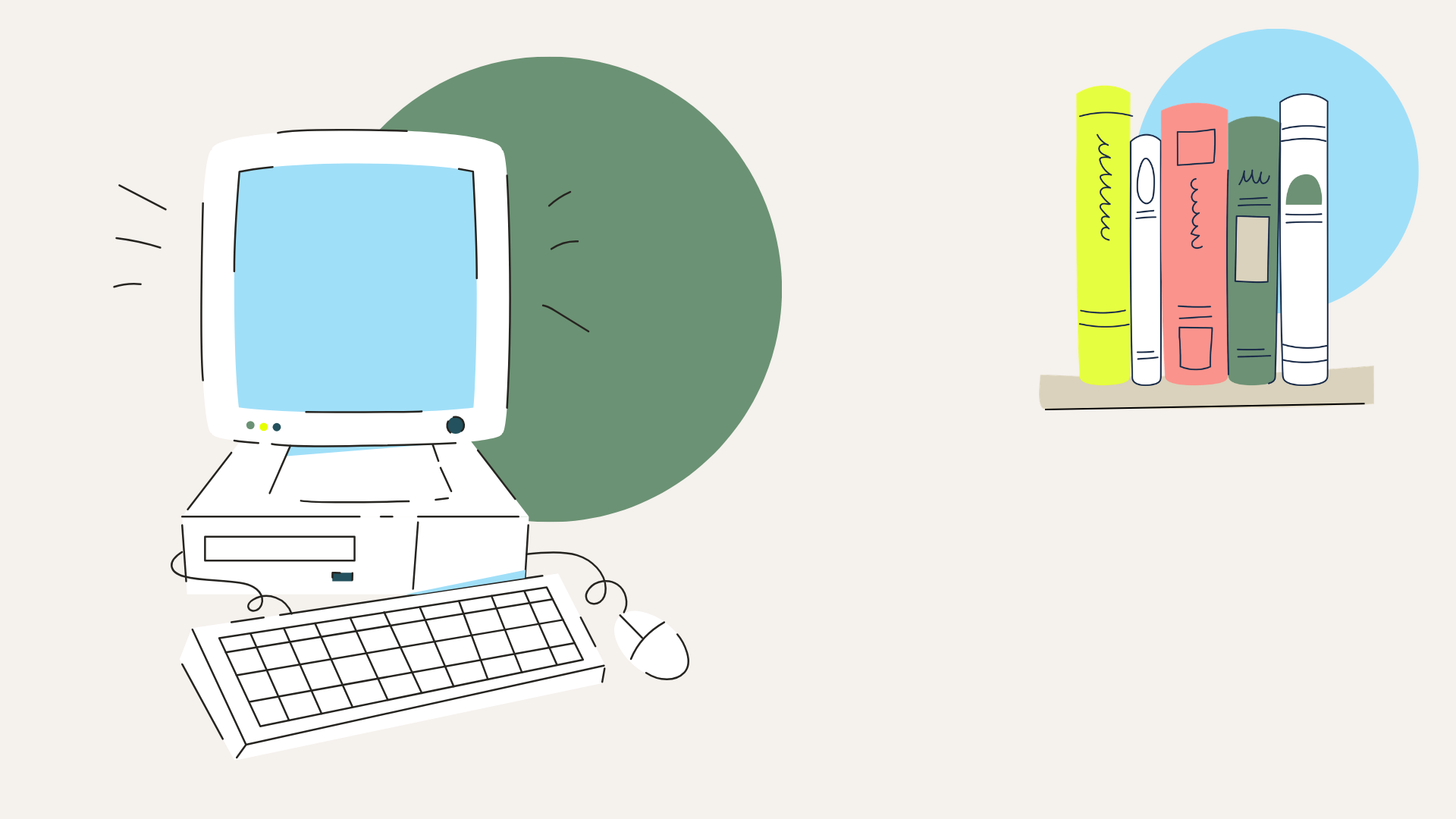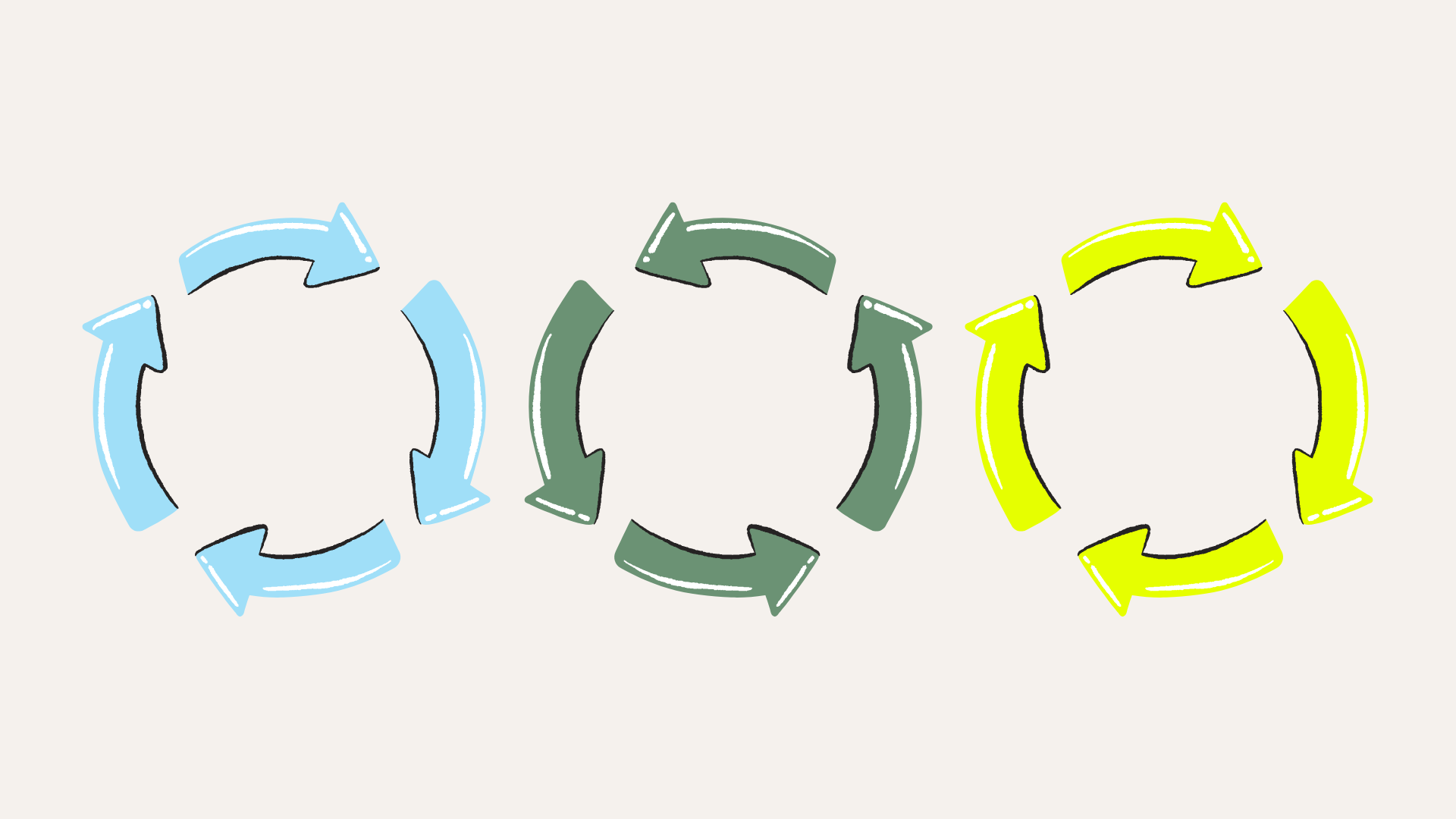The Pleasure & Promise of Rereading
“A world that seems to give us infinite choice actually makes choice nearly impossible: the informational context chooses for us.”
— Alan Jacobs, Breaking Bread with the Dead
A couple of months ago, I reread All Systems Red by Martha Wells. It’s the first book in the Murderbot Diaries series. I got the chance to write about why Murderbot is such an important character for me as an autistic person and why I believe it will play a role in expanding our awareness of difference.
This wasn’t my first time rereading portions of the Murderbot Diaries. Nor is rereading unusual for me. I’ve read The Historian by Elizabeth Kostova, The Magicians by Lev Grossman, the Chronicles of Narnia by C.S. Lewis, and the Time Quartet by Madeleine L’Engle multiple times. And sure, I’ve reread plenty of non-fiction too.
I’ve listened to Tina Fey’s memoir, Bossypants, on a boatload of cross-country flights. And I’ve watched 30 Rock in full more times than I care to admit here.
Heck, I’ve even started re-listening to episodes of If Books Could Kill when I need something laugh-out-loud acerbic, rigorous, and somewhat less Urgent and Depressing than my news podcasts.
I suspect many people have those books and media that are at once comforting in their familiarity and rich enough to enjoy in new ways with each repetition. Among my fellow rereaders, rewatchers, and relisteners out there, I think there’s a tendency to put that repetition in the “guilty pleasures” bucket. After all, why reread, rewatch, or relisten if you can read, watch, or listen to something new? Rereading, rewatching, and relistening aren’t a very productive way to spend time.
I mean, if you’re reading this, I’m going to assume you don’t feel a ton of guilt about your guilty pleasures—especially not your rereading habits. And you might have even gagged a bit when I said that these habits aren’t “productive.”
That said, I want to make the case for embracing rereading (or rewatching or relistening). Not only because it’s familiar and comforting, but because it’s an incredible opportunity to rediscover yourself.
I started thinking about the experience of rereading when I was preparing for Summer Seminar.
Last year, I reread Becky Chambers’s Monk and Robot for Summer Seminar. And this year, I reread The Practice, The Horizon, and The Chain, a sci-fi novella about a wandering Fleet of Ships with a brutal class system. In the Chicago Review of Books, Jake Casella Brookins writes that “Sofia Samatar has given us a wonderful bit of science fiction that rewards close reading—lyric and mythic, but also densely realized.” It does indeed reward close reading.
I first read the story last summer when it came out to rave reviews. It’s a one-sitting kind of book, and I tore through it on a rainy afternoon with a cat sleeping at my feet. This year, I read it outside under the mid-morning sun, pen and sticky flags in hand. My second reading was aflood with the poetic, structural, and metaphorical choices the author made: the color blue, the various types of circles, the repetition of the word “breath,” the power of names…
I felt like I had unlocked the secrets of the universe! Or at least AP Lit.
My first reading gave me an appreciation for the story and an overview of its themes. I knew it was a story about class, education, and solidarity. I knew it was an indictment of labor exploitation at all levels of society. However, my second reading revealed the subtler breath-catching layers of the story.
My second reading didn’t change what I wanted to teach alongside the book. But my much closer (re)reading did allow me to teach it with far more depth and care.
Rereading, rewatching, and relistening are also on my mind as a writer and podcaster. Over the last couple of years, I’ve done a fair amount of revising old work alongside the usual deluge of new work I produce. Sometimes, I do it to take a break from creating something new. But often, I’m revising old work because I want to make it better, both for the people finding it for the first time and for the people who tell me they reread and relisten.
I essentially “close read” my own work at a remove. Is the argument strong? Do I need more examples? Can I eliminate a digression or two? Do I need to add a digression? Is there a more a better way to frame it? Are there better sources I can cite? Can I link it to work I’ve done since it was first published?
I always have a lot to say, even when I’m not publishing new work. But I’ve found this rereading and rewriting work quite satisfying. Even creatively and intellectually fortifying.
During the process of consolidating my various websites and publishing outlets into this new site earlier in the year, I came across a wealth of work I had forgotten about. And I’m not talking about work from 2012 or 2018 (although I had forgotten about most of that too). These were articles that were published one or two years ago.
These (re)discoveries made me wonder if my social media-adled brain was more broken than I realized. Had I become so inured to the grind of popping something new into The Feed that I’d lost track of the value of pieces that I’d spent countless hours on? Had my mental scroll become so mindless that I wasn’t registering my own thoughts anymore?
Perhaps that sounds melodramatic. But it really did take me aback.
This is the phenomenological crux of Mackenzie Wark’s theory of the hacker class. As opposed to say factory workers who are tasked with producing the same thing in the same way over and over again, hackers produce new and different things from the same raw material over and over again. It’s intellectually and creatively exhausting. It’s unrelenting.
What one has created doesn’t matter; the only thing that matters is what one might create next.
The incentives squarely align with ephemerality, or what Zygmunt Bauman called liquidity. I'm disincentivized from lingering on an essay or podcast episode I’m making (or have made) because I can’t afford the opportunity cost of not moving forward to create the next work. To stay in good standing with my audience, to maintain my “personal brand” and its authority (at least according to the marketing and media business experts), I have to stay liquid. The work must continue to flow, seeping into every crevice and crack in the fractured information landscape.
“Since the present-day commitments stand in the way of the next-day opportunities,” writes Bauman, “the lighter and more superficial they are, the less is the likely damage.” So not only am I incentivized to move on as soon as I hit the publish button, I’m incentivized to keep the work I publish “light” and “superficial.” I am not good at this, and I don’t want to be. But the economics of “deep” and “expansive” tend to be quite bad—often prohibitively so.
Liquidity slowly erodes the boundaries of self. The writer, podcaster, filmmaker, designer, artist loses their particularity—not only from the audience’s perspective but also in their internal perception. The only measure of value becomes more.
But I began by talking about rereading.
Rereading (or rewatching or relistening) reconnects us with work in a way that reclaims its particularity (assuming it has one). We notice the author or producer’s specific choices. We sense the joyful strangeness of their language. We connect with ideas, characters, and settings that reinscribe the boundaries of the creative work. We sense the time and care the creator invested in their expression.
What’s more, we rediscover our own boundaries, choices, time, and care. We notice the ways in which reengaging with creative work reveals who we were and who we’ve become. It’s the relationship that develops over time between the reader/viewer/listener and the creative work that makes this self-discovery or even self-creation possible.
So humbly, the next time you’re looking for a new book, movie, TV show, or podcast episode to consume, I recommend trying something old instead.







